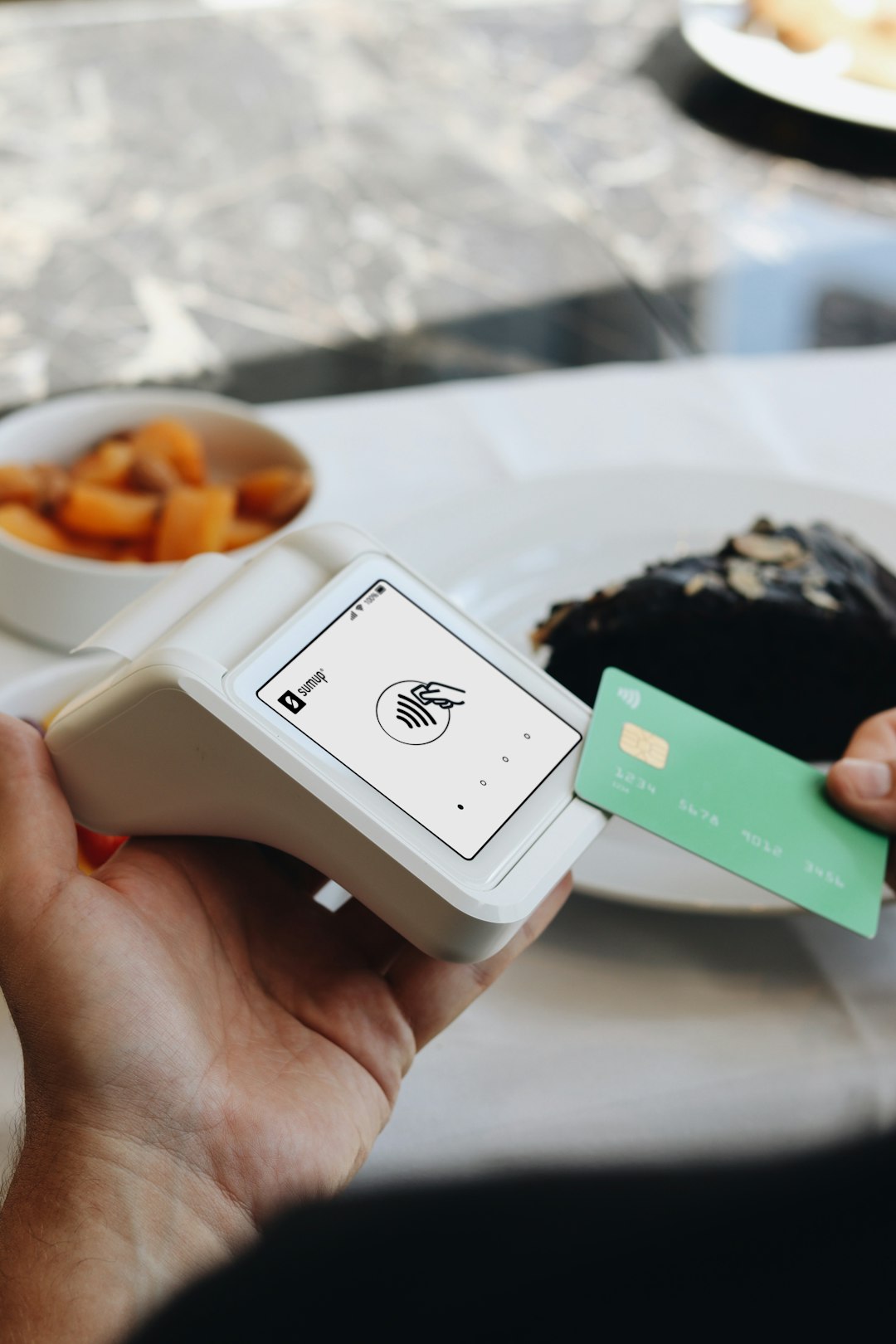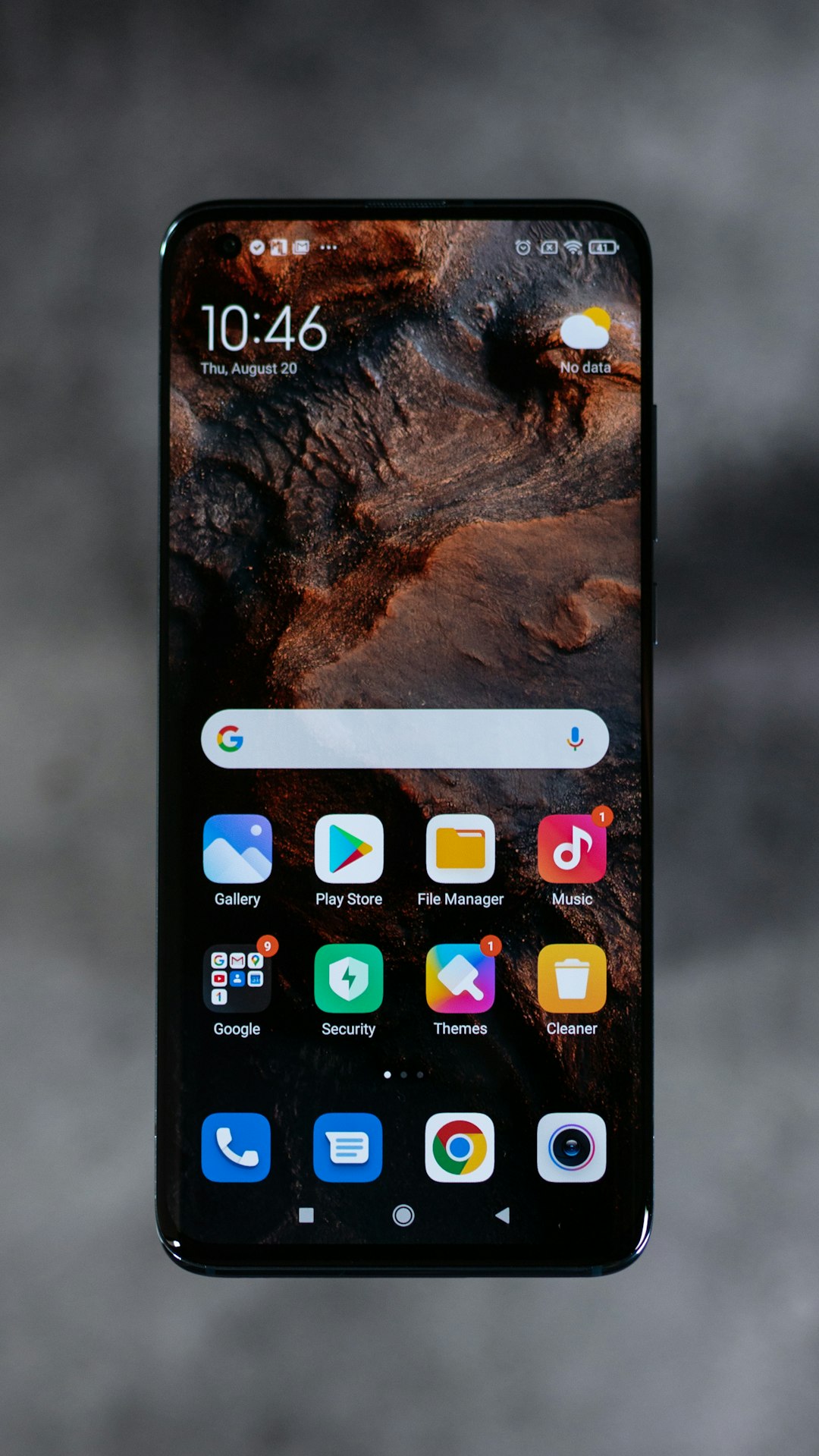In Los Angeles, sharing personal details online can make individuals vulnerable to telemarketers, scammers, and sales pressure. To protect themselves, residents should familiarize themselves with privacy rights under the California Consumer Privacy Act (CCPA) and enroll in the city's Do Not Call list. They may also consider hiring a lawyer for Do Not Call Los Angeles for specialized guidance on securing their data from unwanted contact, including legal advice on persistent issues stemming from online sharing. Enhancing security through strong passwords and two-factor authentication further protects against identity theft.
In the vibrant but bustling metropolis of Los Angeles, understanding the importance of keeping personal information private is paramount. With countless interactions daily, residents often share details without considering potential consequences. This article explores how doing so can lead to unwanted contact and harassment. We delve into legal protections, such as Do Not Call lists, and provide strategies to safeguard your privacy, offering valuable insights for folks seeking a lawyer for Do Not Call services in Los Angeles.
Understanding the Impact of Sharing Personal Information

Sharing personal information, such as your name, contact details, and location, can have significant implications in today’s digital age. In a bustling metropolis like Los Angeles, where countless individuals are constantly connected, it’s crucial to be mindful of how this data is disseminated. Even seemingly harmless interactions or online registrations can lead to unwanted contact from telemarketers, scammers, or even aggressive sales teams. Many people find themselves inundated with calls and messages that they did not invite, leading to a sense of violation and annoyance.
In light of these challenges, it’s essential for residents to understand their rights and take proactive steps to protect their privacy. Engaging the services of a lawyer specializing in Do Not Call laws in Los Angeles can be a game-changer. These legal experts can guide individuals on how to navigate privacy regulations, ensuring their personal information remains secure. By exercising their rights, Los Angelenos can avoid unwanted intrusions and create a safer digital environment.
Legal Protections and Do Not Call Lists in Los Angeles

In Los Angeles, residents have legal protections in place to safeguard their personal information and curb unwanted contact. The California Consumer Privacy Act (CCPA) provides individuals with the right to know what data is being collected about them and to request its deletion. This means that businesses must obtain explicit consent before gathering personal information, including names, addresses, emails, and phone numbers.
Additionally, Los Angeles offers a robust Do Not Call list program, allowing residents to register their telephone numbers and restrict telemarketing calls. A lawyer for Do Not Call in Los Angeles can guide individuals on enrolling in these lists, ensuring they receive fewer intrusive marketing calls. These measures collectively contribute to creating a safer environment by reducing the risk of identity theft and minimizing unwanted intrusions into personal spaces.
Strategies to Safeguard Your Privacy and Avoid Unwanted Contact

Keeping your personal information private is a proactive step to avoid unwanted contact, especially in a bustling city like Los Angeles. One of the primary strategies to safeguard your privacy involves being cautious with how much data you share online. Be mindful of what you post on social media platforms as personal details can be easily accessed by strangers. Limit the amount of information displayed publicly and adjust privacy settings accordingly.
Additionally, consider engaging a lawyer specializing in Do Not Call laws in Los Angeles to ensure your rights are protected. They can offer guidance on legal steps to take if you experience persistent unwanted contact stemming from shared personal data. Regularly reviewing and updating security measures on all devices is also crucial. Use strong, unique passwords for each account and enable two-factor authentication where available.






